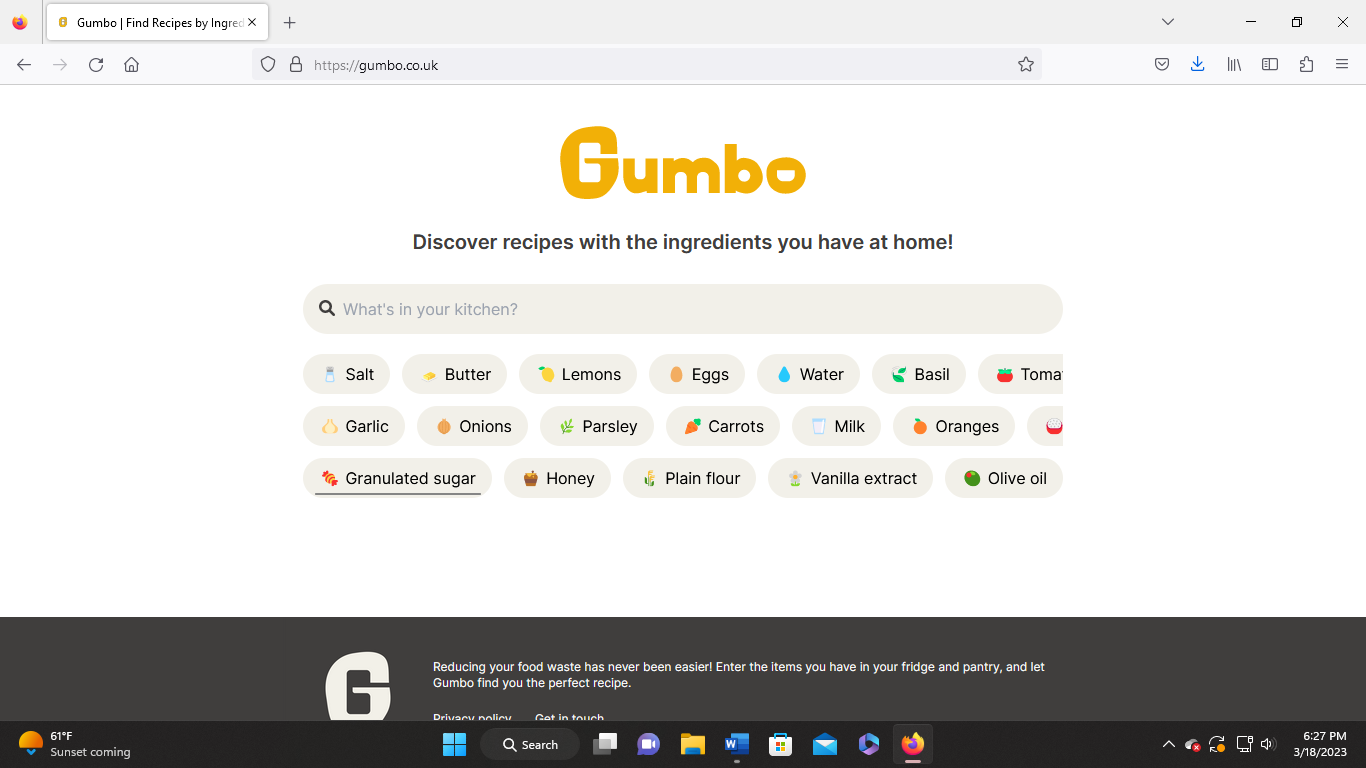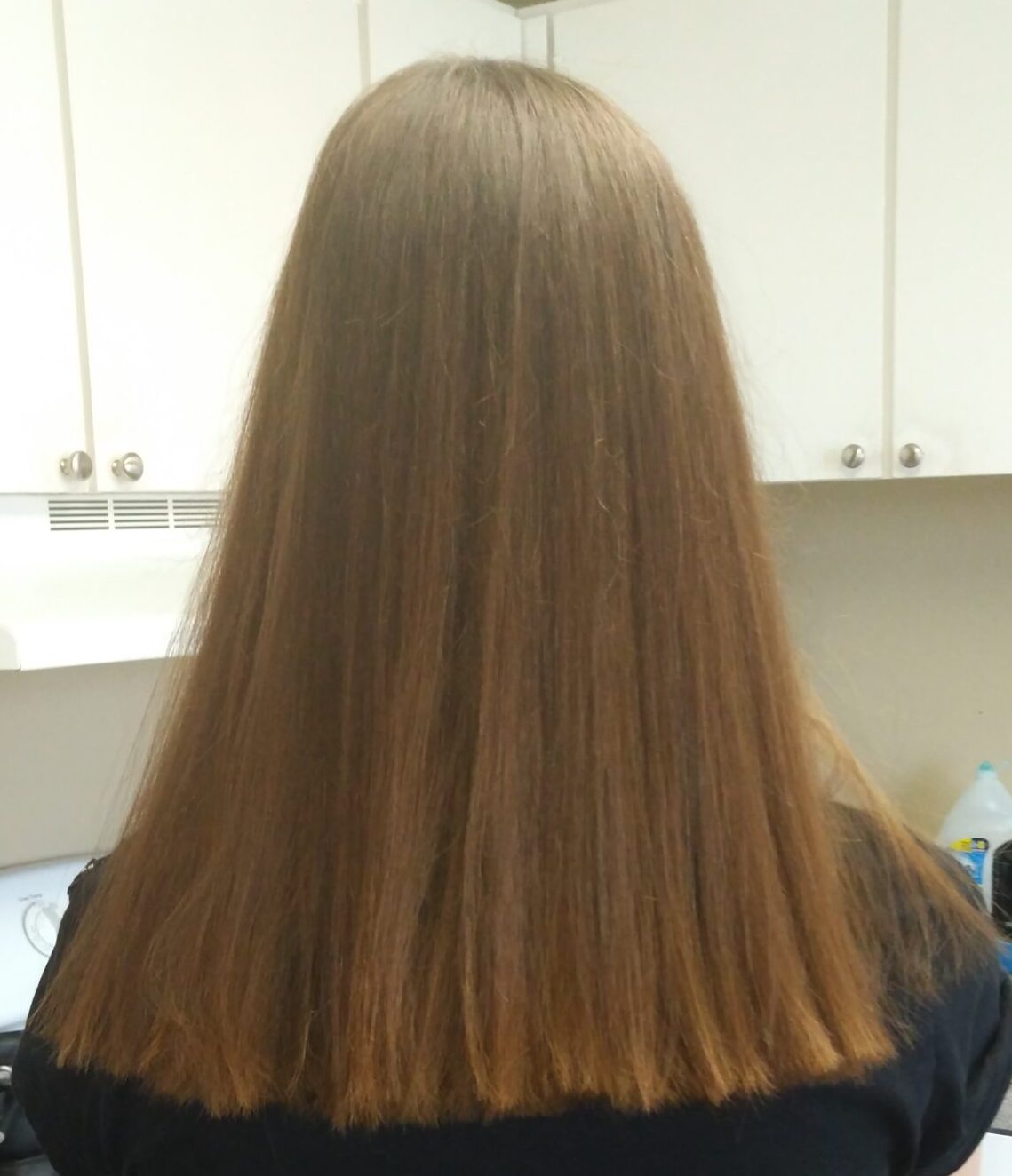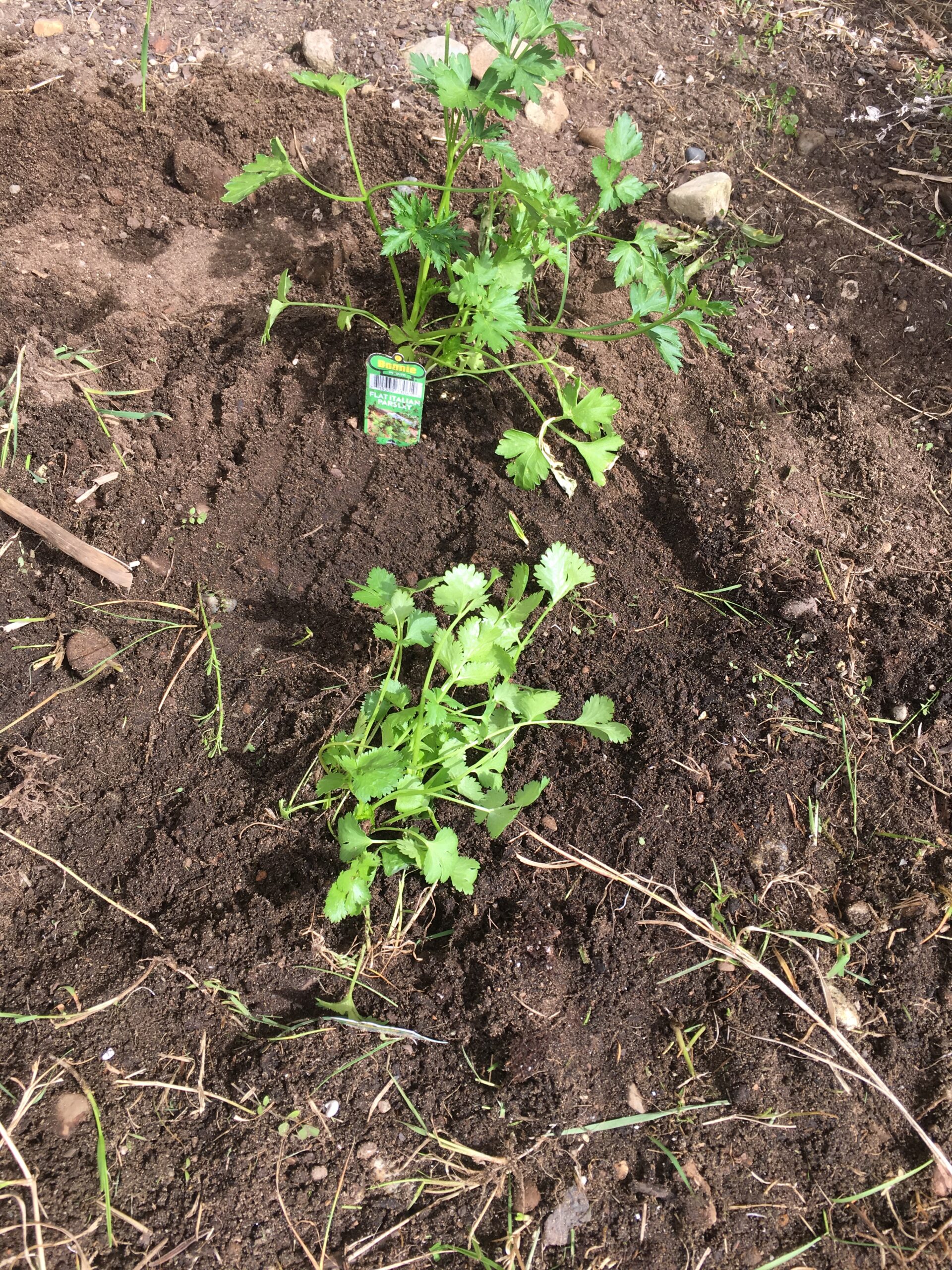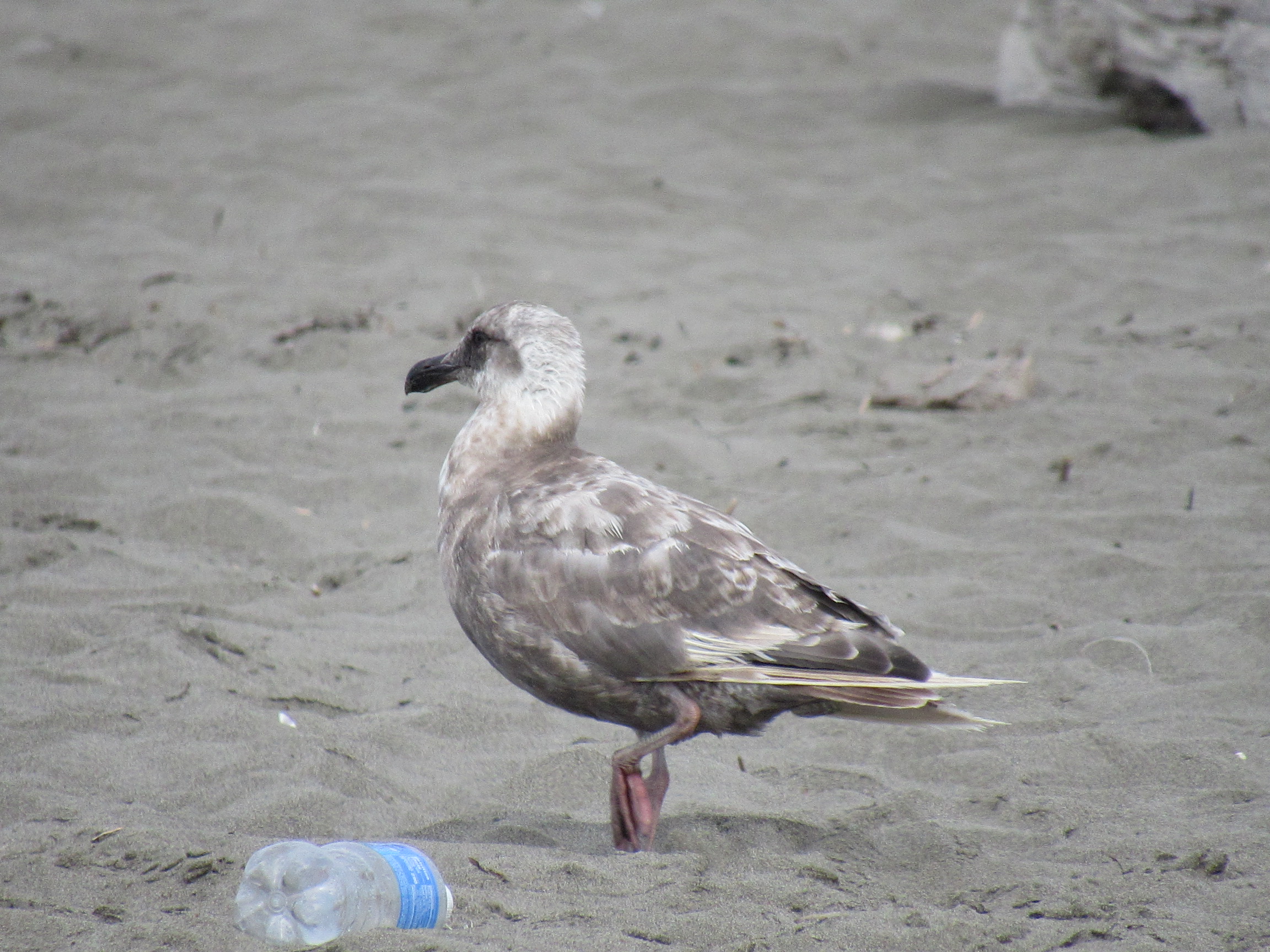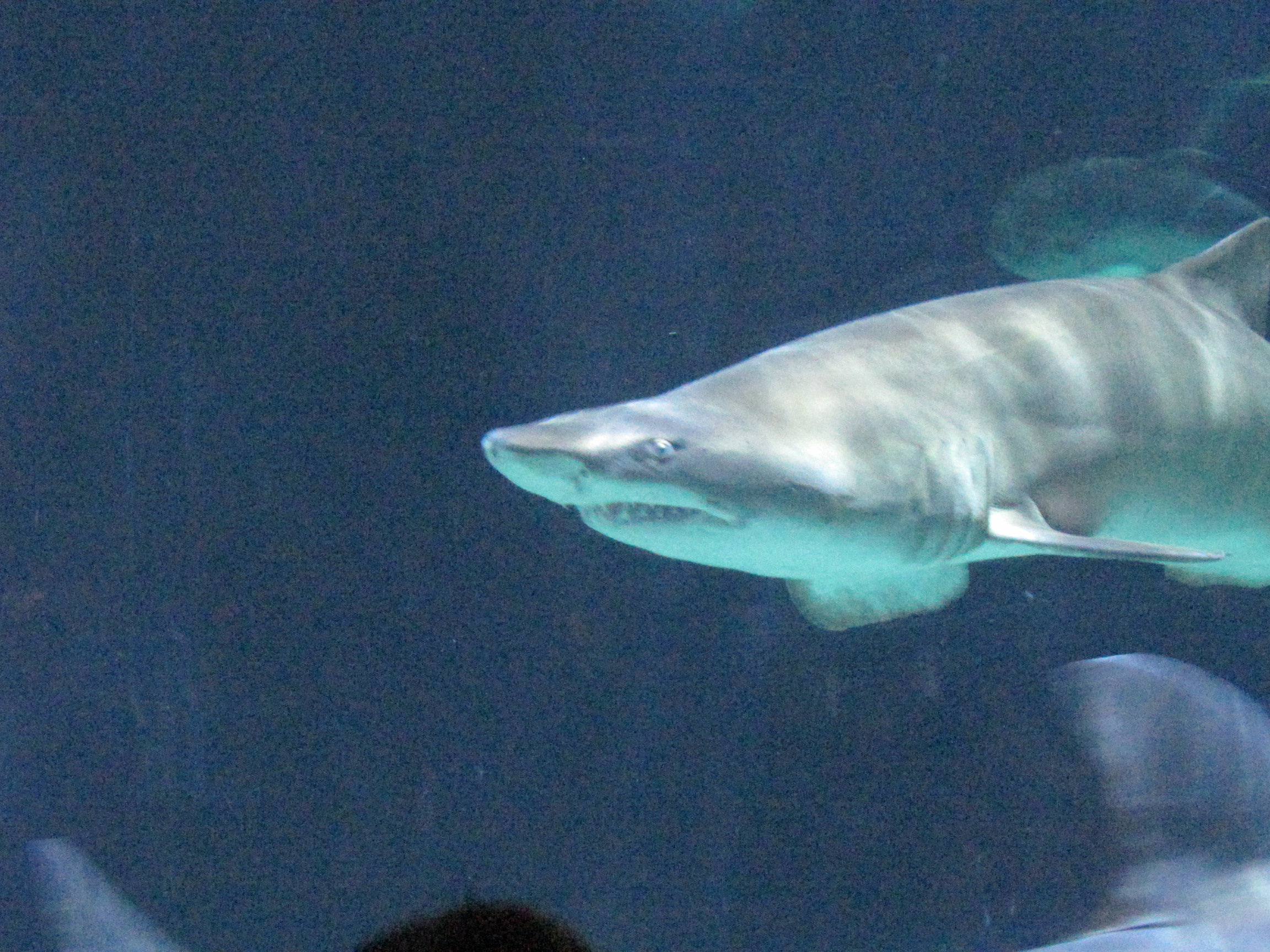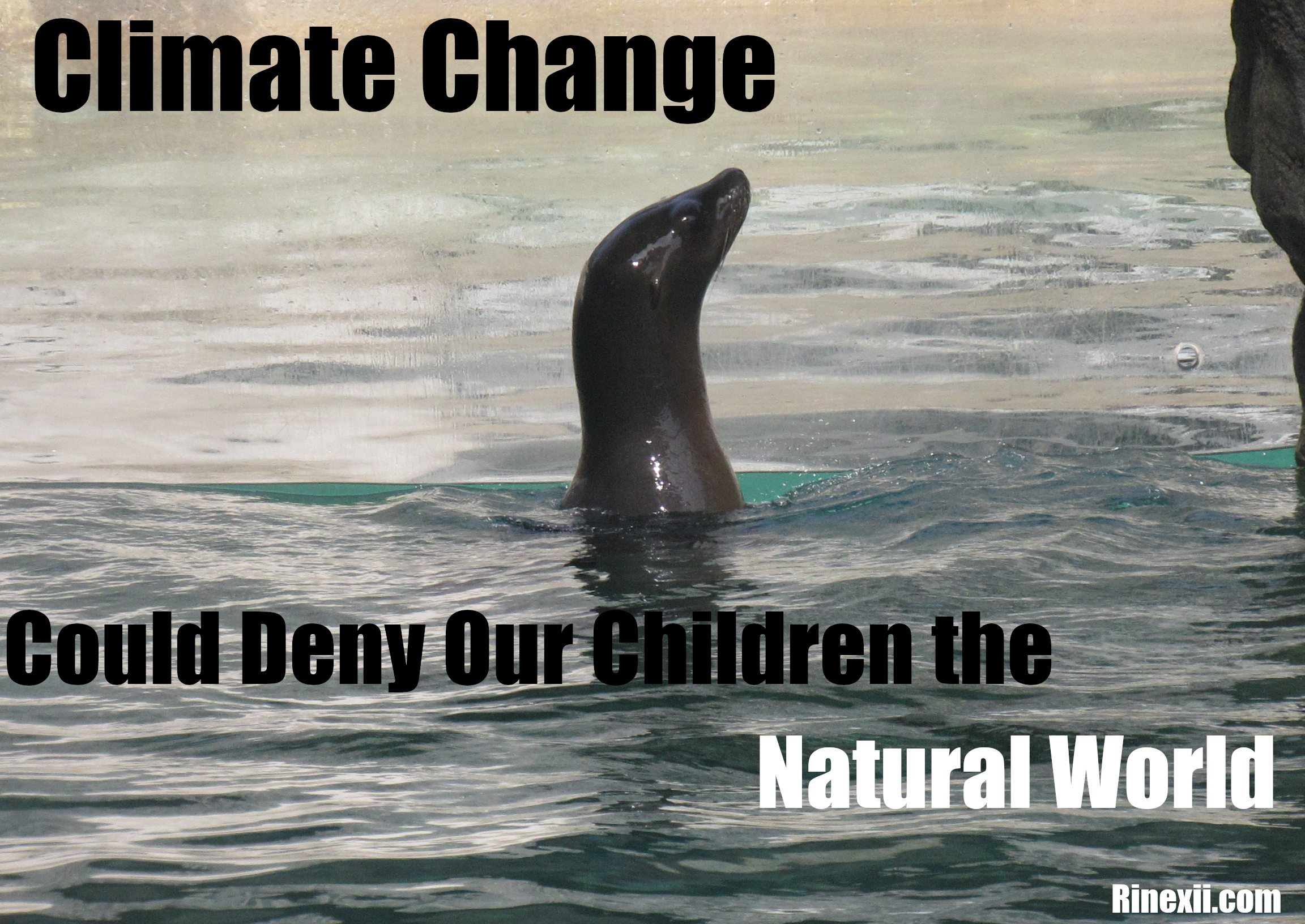Climate change may deny our children the natural world
For the second time since I started planning my family’s road trip around the USA, I was forced to change my plans. The first change was in moving where we saw Giant Sequoias. The original location we planned to visit had burned, killing thousands of the rare trees.
The second change was to cancel whale watching—a major oil spill off the California coast meant that there would be nothing to see but miles of dead and dying animals.
Already climate change and human impact had touched our trip, even before these two changes. One of the stops we wanted to make was to a zoo where our kids could see endangered white rhinoceros. My husband believed they’d be extinct by the time they grew up, and he wanted to make sure they’d had to see them before that happened.
This is the depressing world we are bringing to our children. Instead of a world full of watching whales spout or experiencing what it’s like to stand at the roots of a tree a thousand years older than ourselves, we have to find the rare pockets of life that haven’t been destroyed yet.
Imagine the choices they will face when they are grown. If we continue at our present rate, the oceans will be empty, and there won’t be a forest. We need to change.
A reminder: We are not the minority
In a survey of 40 different countries, only 2 countries, Norway and the Netherlands, had fewer than 50% of the responding people concerned about climate change. Sweden had exactly 50%, and the rest of the survey had a steadily climbing number of people concerned.
If every one of those people were vocal about their concerns, the world would be a vastly different place. I might not be canceling a whale watching trip or moving where we see giant sequoias. I might not be visiting a zoo to see an animal that may not see the end of the century.
This isn’t how it should be. We should be able to walk out our own front doors and be blown away by the world around us. We are not the minority, the world as a whole agrees something needs to be done. Here’s how we can act.
- Use your voice
Go to your townhall meeting. E-mail all of the politicians in your area and let them know you are concerned about climate change. Email each and every company you have ever purchased from, and let them know how they can be doing better for the planet. (Unless they can’t do better, in which case send them a thank you note.)
A silent majority does no good. Let your concerns be known in more than an anonymous survey. It’s free to do, and will have the biggest change overall. - Think local
We’re often told to give money to help the Amazon rainforest or clean up a distant ocean. These places are critical to protect, but it’s also important to remember there’s no place like home. There’s no doubt a whole ocean of environmental problems in your own area that could really benefit from your actions.
Picking up litter from the side of the road, volunteering for local environmental services, teaching others valuable skills, can all go a long way to improving your neck of the woods. - Every choice matters
Many people say that only large action will be enough to change our planet. This is true for many things. Even if you never buy a tank of gas again, oil will still flow. Leaks will still happen. If you choose to forgo plastic bags at the grocery store, there will still be others piling them high.
This is why speaking out on a global level matters, but that doesn’t mean small changes don’t. Every time you buy a more ethical product, refuse an item you don’t need, or plant a tree, you’re making a difference.
We need to act now before there’s nothing left
Most of the warnings you have heard go something like, “We have ten years left before climate change is irreversible,” or something similar. While this saying is meant to express the urgency of the situation and encourage people to act now, it’s also kicking the can down the road.
Right now giant sequoias are perishing in extreme heat fires. It doesn’t take a genius to realize that if these giant sequoias have been doing just fine for thousands of years, that the fires they’re seeing today are unprecedented.
Right now oil is spilling into oceans across the entire west coast of the USA. Thousands of fishermen and whale watching tour guides are out of work. Millions of animals are dying. The damage from this spill will last for decades.
Right now we are experiencing extreme biodiversity loss, extreme weather, droughts, famine, fires all from human caused actions.
We need to start making changes right now so that we won’t be trying to explain the wonderful, mystical experiences we had in nature, the ones they’ll never know. We need to fight now so that the beauty of this world is preserved, and that our children get something better than what we had, instead of a remnant of what it used to be.



